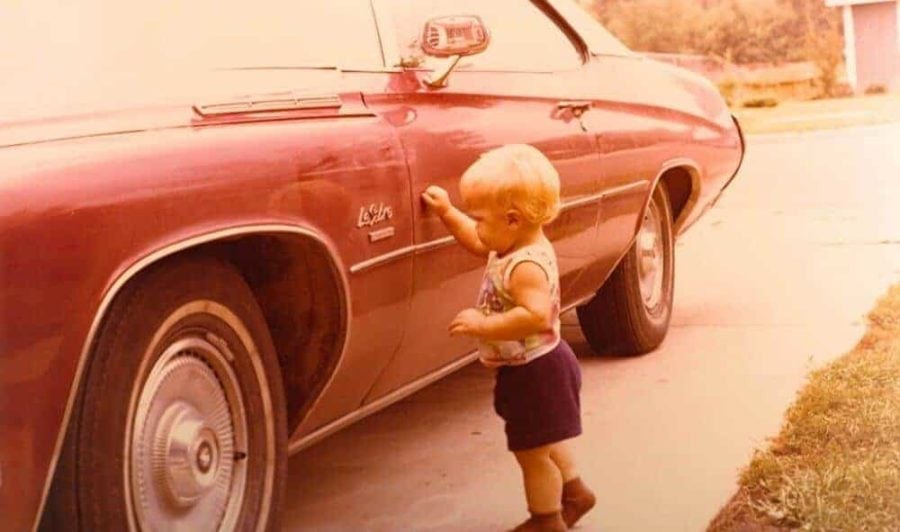New research suggests dear old Mom and Dad could be the auto industry’s secret weapon.
The study, co-authored by Michigan State University economist Soren Anderson, found children are 39 percent more likely to buy a particular brand of automobile if their parents bought that brand.
This surprisingly strong correlation could have implications for automakers’ marketing efforts. In absence of this inherited brand loyalty, a sensible strategy might be to “invest in young consumers and harvest old consumers” – that is, lower prices on entry-level vehicles to attract young people and then raise prices on higher-end vehicles once they’re hooked on the brand.
But if young buyers are coming to auto showrooms already loyal to a brand, thanks to their parents, manufacturers might consider upping prices on entry-level vehicles. Conversely, more incentives could be offered on sport utility vehicles and other high-end vehicles to snag more older customers – and, eventually, their children.
“In theory, these findings could change the way automakers price and market their cars,” Anderson said.
The researchers studied the national survey responses related to auto ownership of more than 4,300 adult children matched to nearly 2,600 parents. Survey data from the families were collected every two years from 1999 to 2011.
Preferences were broken down into auto brands that include General Motors, Ford, Chrysler, Toyota and Honda.
Parents and children tend to share characteristics – such as making similar amounts of money and living in the same area – and this can influence what they buy. Anderson said the study took this into account by controlling for where people live, along with income, age, education, gender and family size.
“Is this really about the cars or could it be other factors, like parents and children tending to be more similar to each other than other people?” Anderson said. “We’re pretty sure it has something to do with the cars themselves.”
The study is forthcoming in the Journal of Industrial Economics.
Anderson’s co-authors are Ryan Kellogg from the University of Michigan, Ashley Langer from the University of Arizona and James Sallee from the University of Chicago.
If our reporting has informed or inspired you, please consider making a donation. Every contribution, no matter the size, empowers us to continue delivering accurate, engaging, and trustworthy science and medical news. Independent journalism requires time, effort, and resources—your support ensures we can keep uncovering the stories that matter most to you.
Join us in making knowledge accessible and impactful. Thank you for standing with us!

